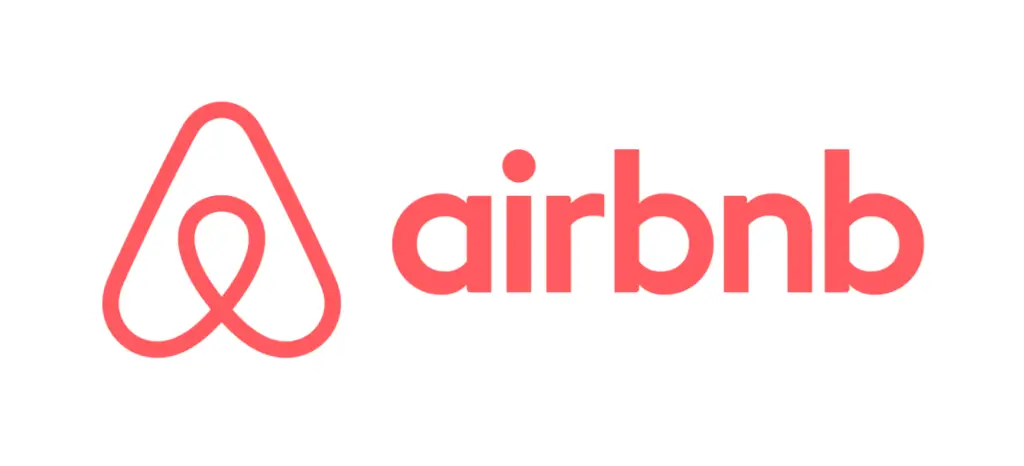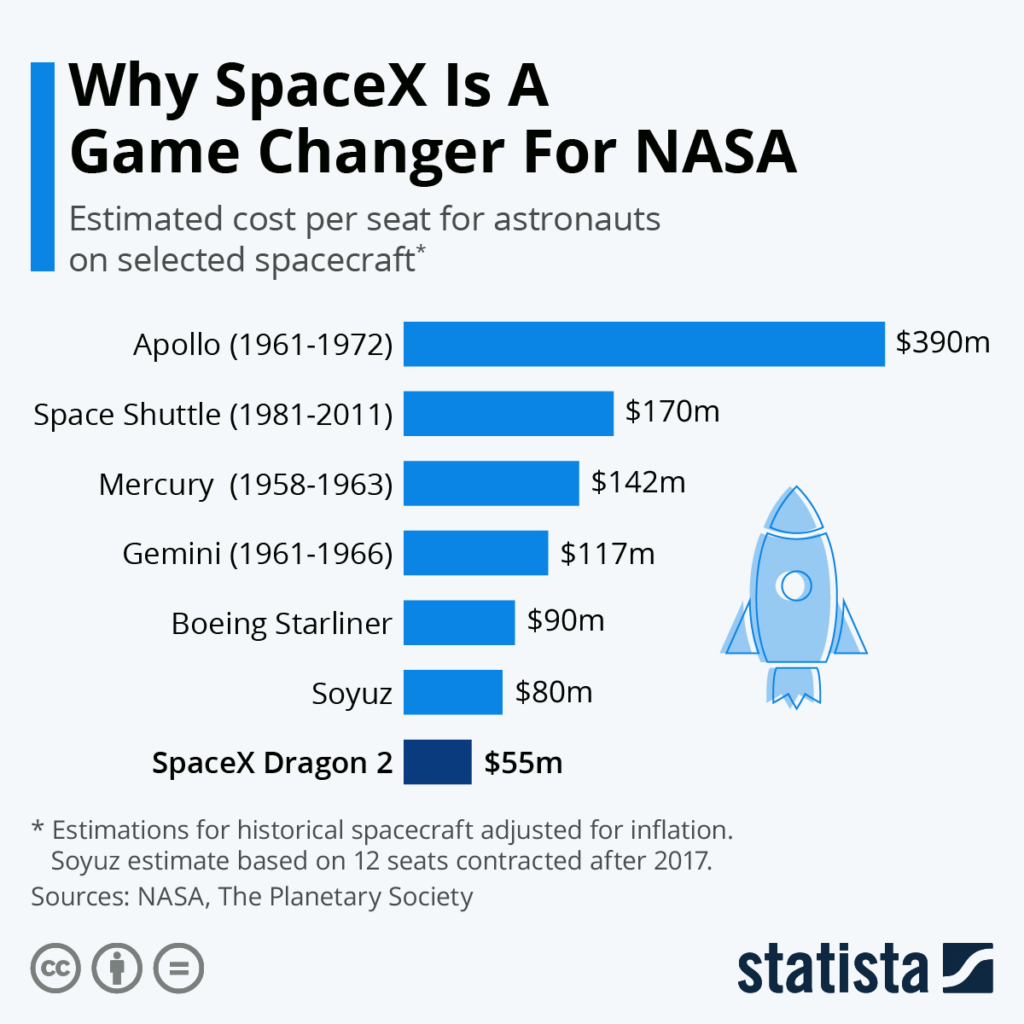In the ever-evolving landscape of startups, there is an elite group that manages to achieve remarkable success at an astonishing pace.
These fast-rising startups often reach billion-dollar valuations within just 1–3 years of their inception. While there’s no single recipe for such rapid ascent, there are several key factors that set these startups apart.
Top 5 Billion Dollar Startups

If you want to know how a billion-dollar valuation business is insanely unique, we have to figure out the numbers. If a business were to be given a billion-dollar valuation in a year, it would mean that its effort per month would be worth $83 million. That’s insane!
However, when we actually look at the potential of these businesses and how they could tremendously change lives as they scale up, these valuations are considered low when we look at their growth potential.
1. Airbnb: Disrupting the Hospitality Industry

Airbnb, the platform that connects travelers with unique accommodations, is a stellar example of how an innovative idea can revolutionize an entire industry.
Airbnb identified a gap in the market, allowing homeowners to rent out their spaces to travelers, and offering a personalized alternative to traditional hotels. This disruptive approach caught the attention of travelers and investors alike.
Thanks to this software innovation, property investors are able to make passive income through day-to-day rental of their property. It’s not surprising to hear AirBnB business owners making tens of thousands of dollars by providing this service to travelers looking for a unique place to stay.
What Set Them Apart: Airbnb harnessed the power of the sharing economy, creating a scalable business model that leveraged unused spaces. They also invested in building trust and a sense of community among their users, which was a game-changer in the hospitality sector.
Uniqueness: Thanks to its innovativeness, when people are looking for a hotel or overseas stay, the word “I will find an AirBnB” becomes a traveler’s language to find unique places to stay.
2. Uber: Transforming Transportation Services

Remember how inconvenient it was to find a taxi while looking to travel oversea?
Uber’s meteoric rise in the ride-sharing industry is another prime example of rapid success. The company provided a more convenient and efficient alternative to traditional taxis by utilizing a mobile app to connect drivers with passengers. Their innovation and adaptability gave them a significant edge.

With the rise of smartphone devices, the need for convenience has increased Uber’s revenue year after year.
In less than 5 years, the number of users for Uber has increased more than 2x and the company revenue has seen a substantial increase as it offers more services such as food delivery.
Here at HustleVenture where we cover side hustles, Uber food delivery is an interesting side hustle where writers like Jay Kobayashi were able to make $2,000 a month with Uber Eats. Sharing 21 Tips For New Uber Eats Drivers that Works Wonder in 2023.
What Set Them Apart: Uber capitalized on the smartphone revolution and tapped into the gig economy, allowing drivers to work on a flexible schedule. This, combined with the convenience of the app, led to quick and widespread adoption.
3. Slack: Revolutionizing Team Collaboration
Slack emerged as a leader in the team collaboration software space, providing an easy-to-use platform for businesses to communicate and share information. Their product gained popularity rapidly by addressing the need for efficient workplace communication.
What Set Them Apart: Slack listened to customer feedback and continually refined its product to cater to user needs. Their adaptability and commitment to user satisfaction contributed to their success.
4. SpaceX: Redefining Space Exploration

SpaceX, led by visionary entrepreneur Elon Musk, has rapidly become a dominant player in the space exploration industry, and it’s the first-ever non-government space exploration company in the world. They achieved this through innovative technology, efficient manufacturing processes, and their commitment to reducing the cost of space access.

Its biggest achievement is its innovation to rapidly decrease the cost of space exploration using reusable rockets.
SpaceX has revolutionised space exploration by lowering the cost by over 7 times. With its innovation, the company is able to deploy data service up into space at 1/10 of the price.
What Set Them Apart: SpaceX’s commitment to reusability was a game-changer. By reusing rocket components, they significantly cut launch costs, making space exploration more accessible.
5. Zoom: Aiding Remote Communication

Zoom’s explosive growth during the COVID-19 pandemic highlighted the importance of timing in startup success. They offered a high-quality video conferencing solution when the demand for remote communication tools skyrocketed.
The company was able to set itself up better than the likes of Skype even though they have been in the industry for over a decade. During the start of the COVID-19 pandemic lockdown, Zoom saw its user base grow to over 300 million active users, making it the largest remote communication company.
What Set Them Apart: Zoom’s reliability, ease of use, and focus on delivering a quality product differentiated them from competitors. They responded swiftly to the surge in demand, providing a vital service when the world needed it the most.
8 Strategies Needed for a Billion dollar company
While these startups achieved billion-dollar valuations in record time, it’s important to recognize that such accomplishments are exceptional and often require a combination of unique factors.
The secret to their success lies in innovative ideas, scalable business models, strong product-market fit, access to capital, adaptable teams, visionary leadership, strategic timing, and an unwavering commitment to their customers.
Furthermore, each success story has its own distinctive elements, demonstrating that there is no one-size-fits-all formula for rapid startup growth.
Building a billion-dollar startup in 1–3 years is a remarkable feat, but the ultimate goal is not just swift success; it’s about creating lasting value, addressing customer needs, and sustaining growth in the long run.
The journey to billion-dollar success remains a thrilling and unpredictable adventure in the startup world, where innovation and determination can change industries and redefine the future.
1. Innovative and Disruptive Ideas: Many fast-growing startups are founded on truly innovative and disruptive ideas. They identify gaps in the market, challenge existing norms, and offer novel solutions that captivate consumers and investors alike.
2. Scalable Business Models: Successful startups have scalable business models that allow them to rapidly grow their customer base without proportionally increasing costs. They leverage technology and automation to reach more customers and generate revenue efficiently.
3. Strong Product-Market Fit: Rapidly growing startups have a deep understanding of their target audience and offer products or services that resonate with customers. Achieving a strong product-market fit means that customers truly value what the startup provides, leading to rapid adoption and growth.
4. Agile and Adaptable Teams: Flexibility and adaptability are key. Startups that can quickly pivot, refine their strategies, and respond to changing market conditions have a higher likelihood of achieving fast growth.
5. Access to Capital: To scale quickly, startups often require substantial capital. They raise funds from venture capitalists, angel investors, or through crowdfunding. Having access to significant investment allows them to expand their operations and reach new markets.
6. Exceptional Leadership: Successful startups are often led by visionary and charismatic founders who inspire their teams and investors. These leaders have a clear vision, the ability to build strong teams, and the tenacity to overcome challenges.
7. Network and Connections: Building a network of advisors, mentors, and industry connections can provide startups with critical guidance, access to resources, and market insights that accelerate their growth. Relationships with established companies can lead to valuable partnerships, too.
8. Timing and Market Conditions: Sometimes, fast-growing startups simply benefit from being in the right place at the right time. They capitalize on emerging trends and market demand.
Again, it’s essential to note that achieving billion-dollar valuations within 1–3 years is an exceptional and challenging feat. Many startups take several years to reach this milestone, and some may not achieve it at all. Also, the path to success varies by industry and market conditions.
In the startup world, the most important factor is not necessarily how fast a company reaches a billion-dollar valuation, but how well it can sustain its growth, create lasting value, and meet the needs of its customers. Building a successful startup takes hard work, resilience, innovation, and a bit of luck, in addition to the factors mentioned above.





